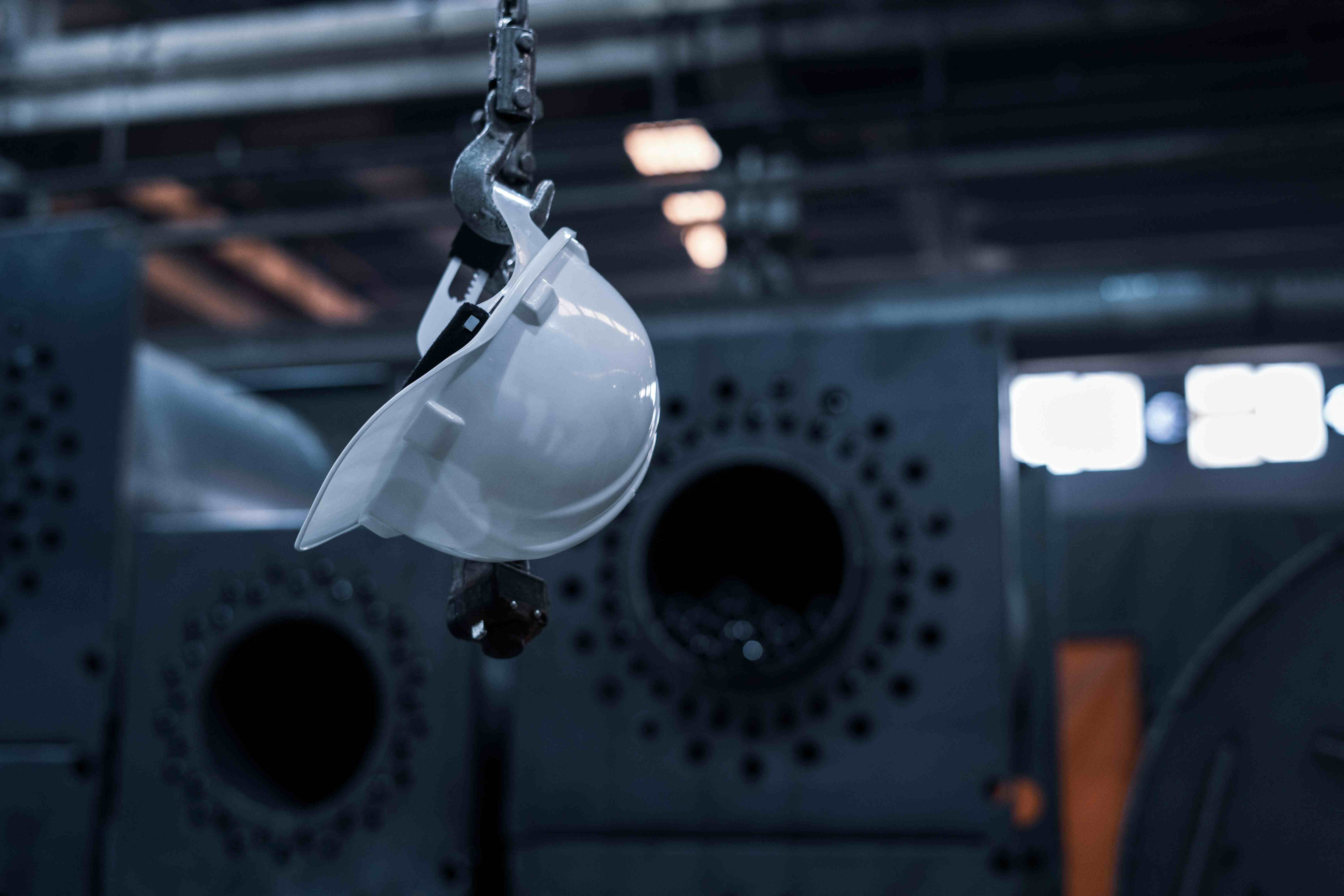
Are Hydrogen Fuel Cells Dangerous? Can Hydrogen Fuel Explode?
Are Hydrogen Fuel Cells Dangerous? Can Hydrogen Fuel Explode? https://h2-heat.eu/wp-content/uploads/2024/02/luke-jernejcic-Oi31uKsnM1Q-unsplash-2-1024x576.jpg 1024 576 H2Heat Project https://h2-heat.eu/wp-content/uploads/2024/02/luke-jernejcic-Oi31uKsnM1Q-unsplash-2-1024x576.jpgHydrogen fuel cells have been creating ripples in the world of energy, promising a cleaner and more sustainable future. However, as with any technological breakthrough, concerns arise, and skepticism happens. One burning question on many minds is, “Are hydrogen fuel cells dangerous?” Let’s dive into the depths of this query and separate the facts from the fictions.
Common Misconceptions about Hydrogen Fuel Cells
Hydrogen is Highly Explosive?
There’s a common belief that hydrogen, being a key player in fuel cells, is a ticking time bomb waiting to explode. However, the reality is quite different. While hydrogen is flammable, the conditions for ignition are specific. It requires a precise mixture of hydrogen and oxygen in the air for combustion to occur. In normal circumstances, the risk of an uncontrolled explosion is extremely low.
Hydrogen Fuel Cells are Prone to Leaks
Another myth circulates that hydrogen fuel cells are leaky machines, posing a constant threat to safety. In truth, fuel cell systems are designed with robust safety measures. The likelihood of a hydrogen leak is minimal, thanks to advancements in engineering and materials. Furthermore, hydrogen is lighter than air, dispersing rapidly in the atmosphere, reducing the potential for accidents.

How are Hydrogen Fuel Cells secure?
Safety Measure #1: Ventilation and Dispersion
One of the primary safety features in hydrogen fuel cell technology is the incorporation of effective ventilation systems. In the rare event of a leak, these systems ensure the rapid dispersal of hydrogen, minimising the risk of concentration that could lead to combustion.
Safety Measure #2: Reinforced Storage Systems
Hydrogen is typically stored in reinforced containers designed to withstand extreme conditions. The materials used in these containers are chosen for their durability and resistance to wear and tear, ensuring the secure containment of hydrogen even in challenging situations.

Addressing Your Concerns About Hydrogen Fuel Cells
Q1: Can Hydrogen Fuel Cells Explode Like Gasoline Tanks?
No, the dynamics of hydrogen combustion are fundamentally different from gasoline. Hydrogen requires specific conditions to ignite, and fuel cell systems are equipped with safety features to prevent uncontrolled explosions.
Q2: Are Hydrogen Fuel Cells More Dangerous than Conventional Batteries?
Not necessarily. While every energy storage system comes with its own set of risks, hydrogen fuel cells have been engineered with safety in mind. Rigorous testing and continuous advancements ensure that the technology meets stringent safety standards.
Q3: What Happens in Case of a Hydrogen Leak?
In the rare event of a hydrogen leak, the gas quickly disperses into the atmosphere due to its lightweight nature. Ventilation systems in fuel cell installations further mitigate the risk, preventing the formation of potentially explosive concentrations.

It’s safe, don’t worry.
What to respond when someone comments on hydrogen cells?
In conclusion, the safety concerns surrounding hydrogen fuel cells are often rooted in misconceptions rather than facts. Rigorous engineering, technological advancements, and stringent safety measures have positioned hydrogen fuel cells as a viable and secure alternative energy source. As we navigate the future of sustainable energy, understanding the realities of hydrogen fuel cell safety is crucial for fostering trust in this groundbreaking technology.
So, the next time someone asks, “Are hydrogen fuel cells dangerous?” you can confidently respond with a resounding, “Not when equipped with the right knowledge and safety measures!”
Find out more about H2Heat. No, seriously. It’s quite interesting.